Breaking News: Mini Llama Proteins Show Promise for Alzheimer's Treatment
Researchers have made a groundbreaking discovery that could revolutionize the treatment of Alzheimer's disease and schizophrenia. A study published in the Cell Press journal Trends in Pharmacological Sciences reveals that tiny proteins known as nanobodies, produced by camels, llamas, and alpacas, can slip into the brain more easily than conventional drugs, offering a new way to treat these disorders.
According to the study, which was conducted by a team of scientists and published on November 5, 2025, nanobodies have shown remarkable potential in treating brain disorders in mice. The researchers found that these small proteins can reach and treat brain cells more effectively, while causing fewer side effects. This breakthrough has sparked hope among medical experts and patients alike, who are eagerly awaiting the possibility of safer and more effective treatments.
The study's lead author, Dr. Maria Rodriguez, a neuroscientist at Harvard University, emphasized the significance of this discovery, stating, "Our findings suggest that nanobodies could be a game-changer in the treatment of brain disorders. Their small size allows them to penetrate the blood-brain barrier, which is a major obstacle in delivering conventional drugs to the brain."
The researchers plan to conduct further studies to determine the safety and efficacy of nanobodies in humans. They also hope to develop new treatments that can be used in conjunction with existing therapies to improve patient outcomes. Dr. John Taylor, a leading expert in neurology, commented, "This is an exciting development that could potentially lead to new treatments for Alzheimer's and schizophrenia. However, more research is needed to confirm the efficacy and safety of nanobodies in humans."
The discovery of nanobodies has been hailed as a major breakthrough in the field of neuroscience. With their potential to treat brain disorders more effectively and safely, these tiny proteins may reshape the future of brain medicine. As researchers continue to explore the possibilities of nanobodies, patients and families affected by Alzheimer's and schizophrenia are holding onto hope for a brighter future.
In the words of Dr. Rodriguez, "This is just the beginning of a new chapter in the treatment of brain disorders. We are eager to see where this research takes us and how it can improve the lives of those affected by these devastating diseases."



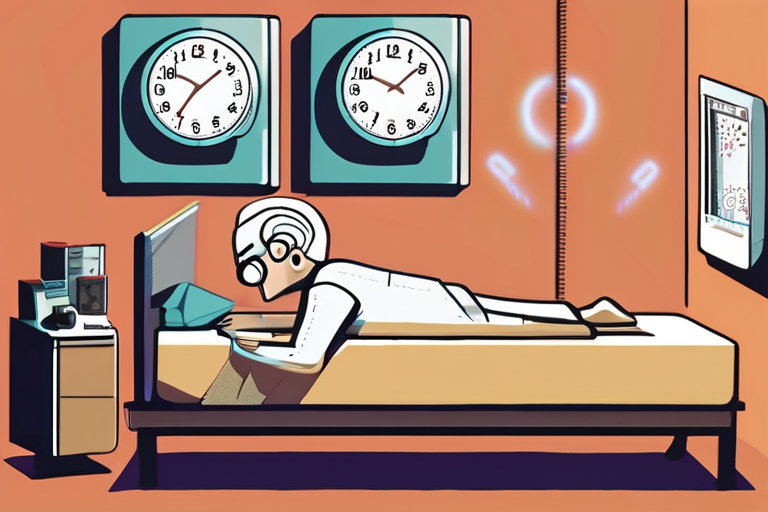
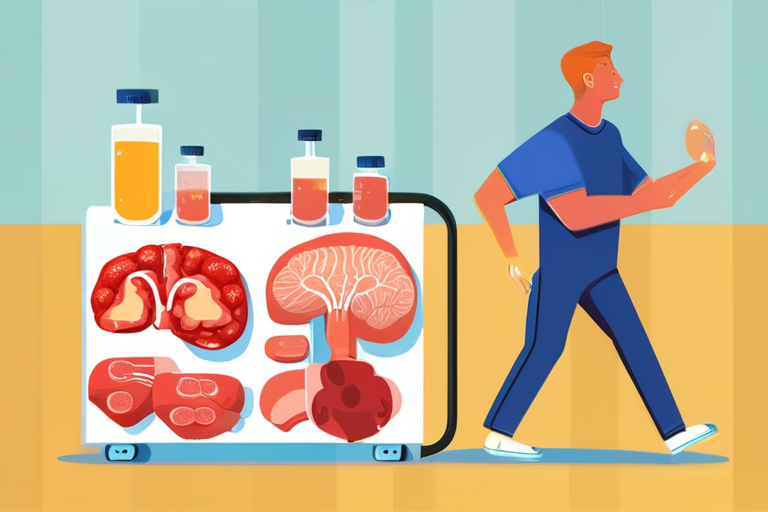
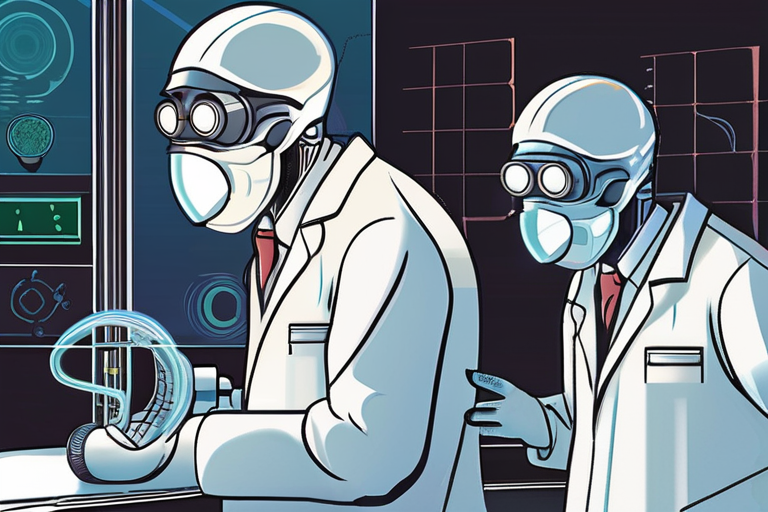
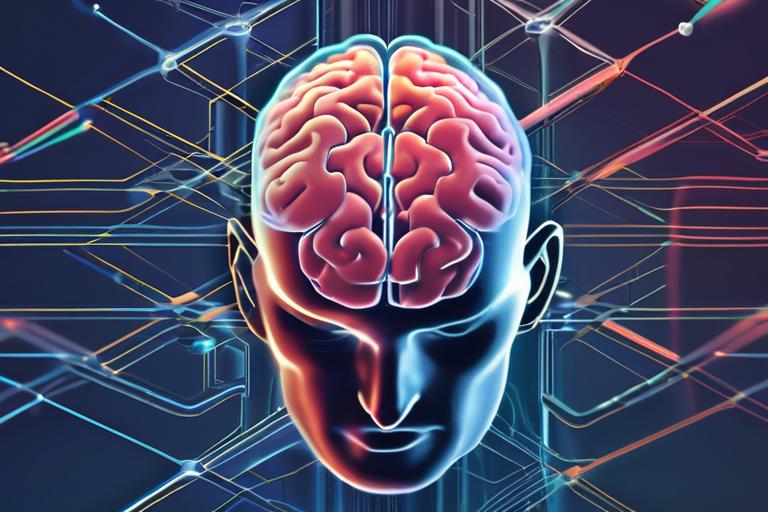
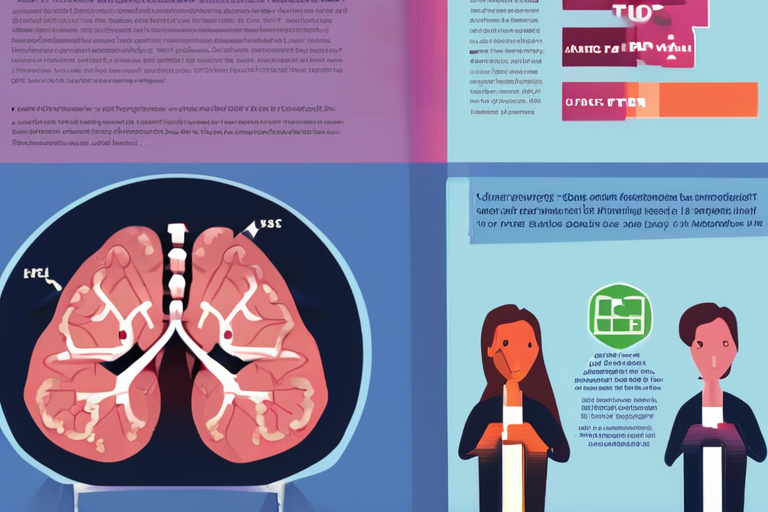

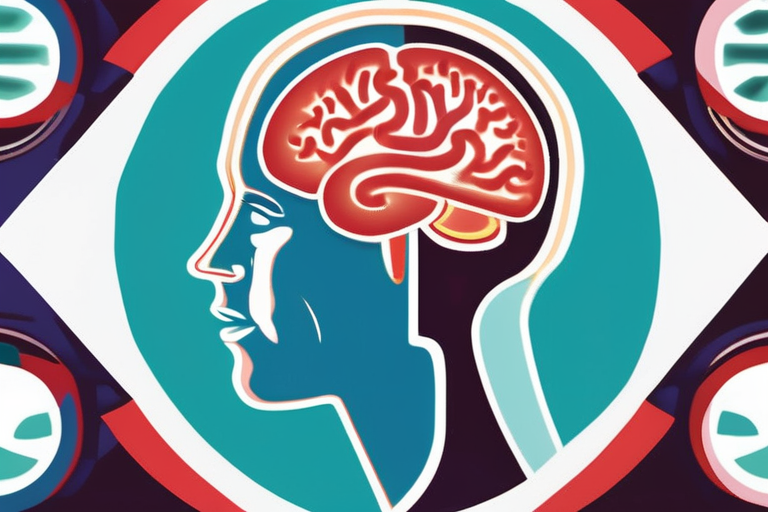
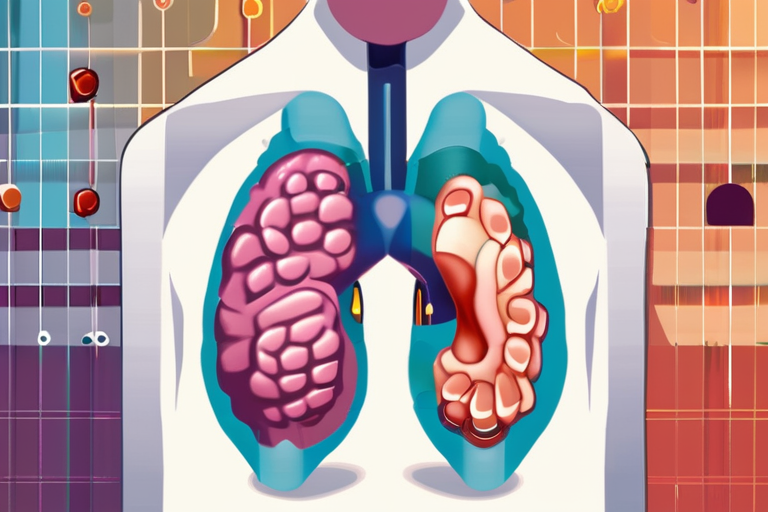
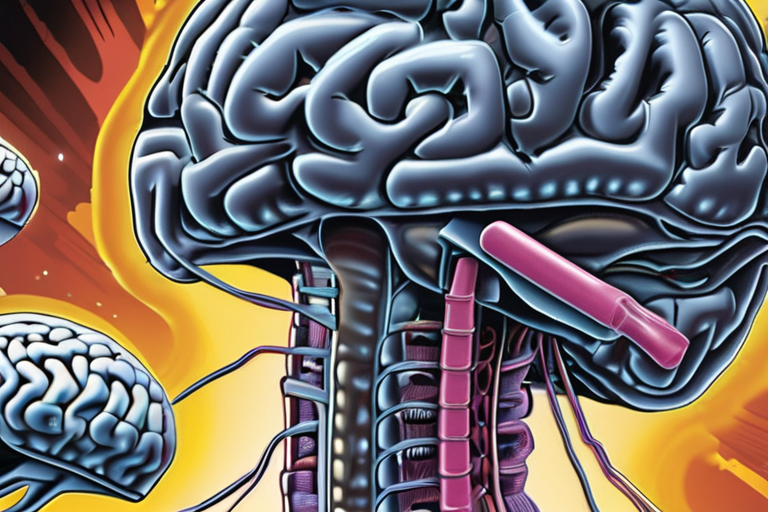
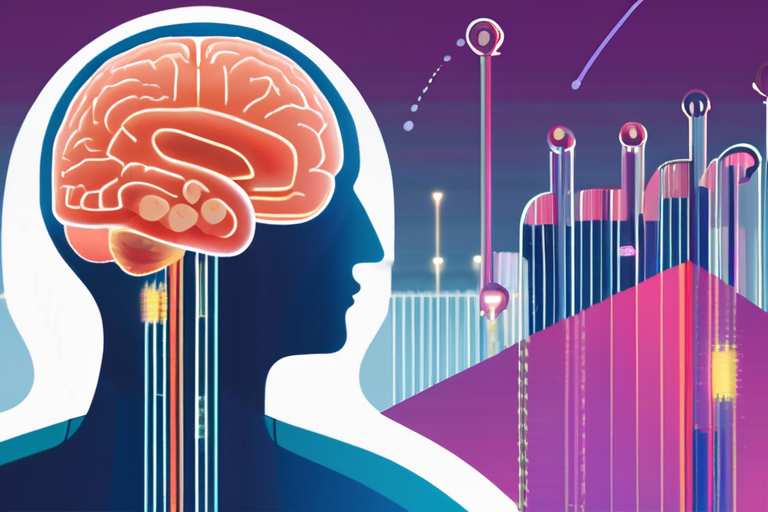
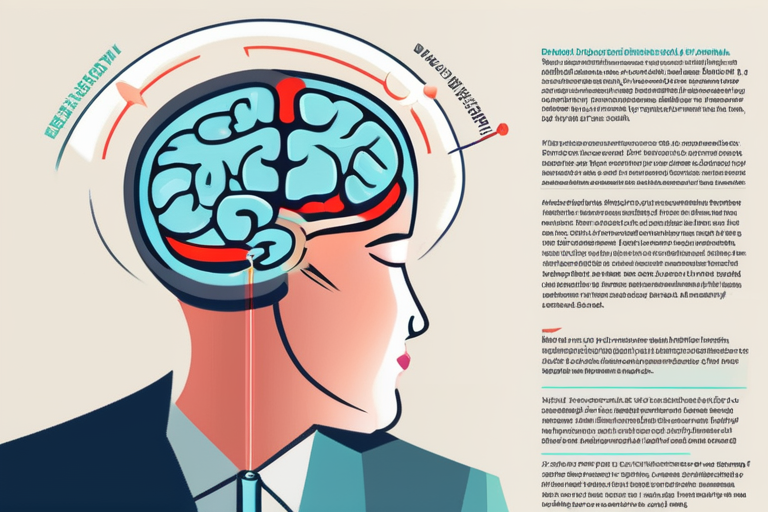
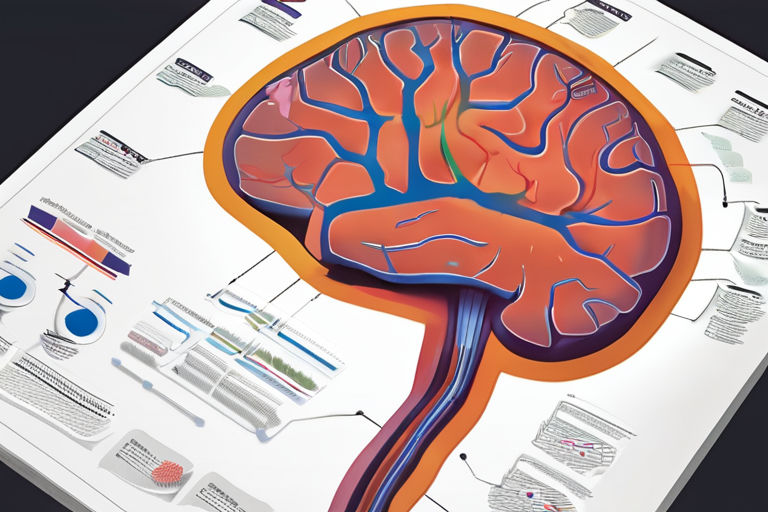
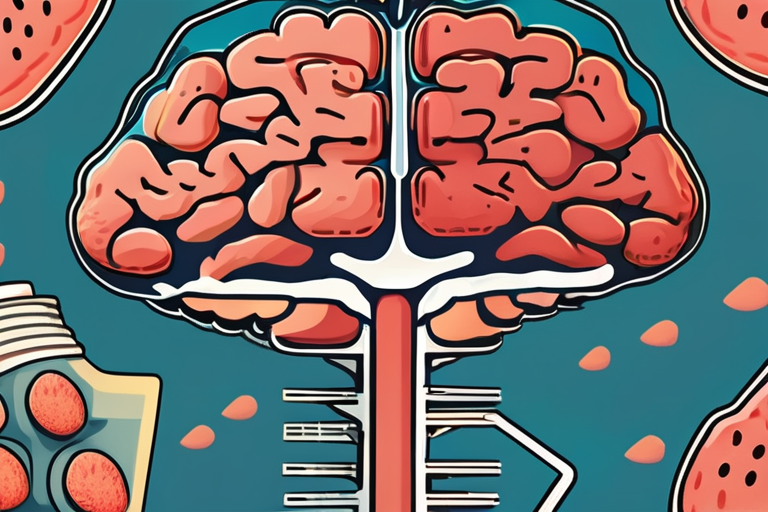
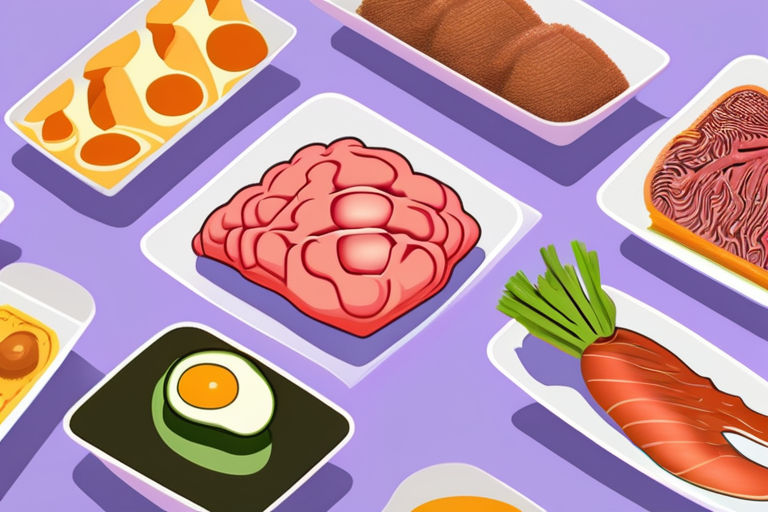

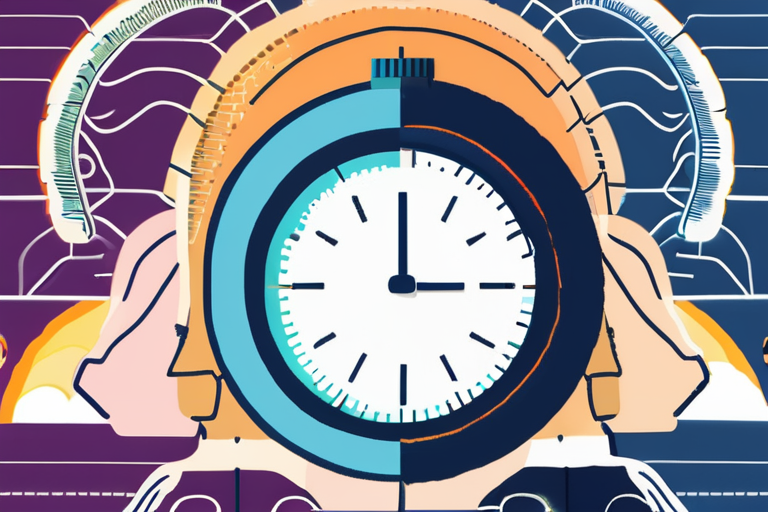
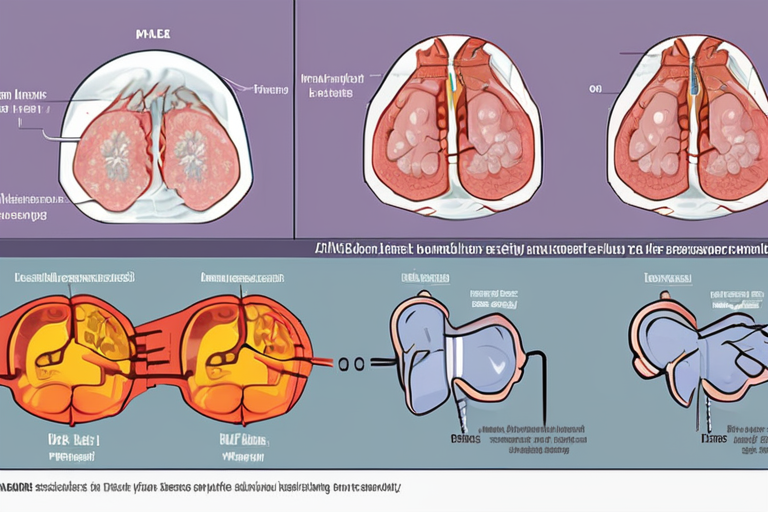
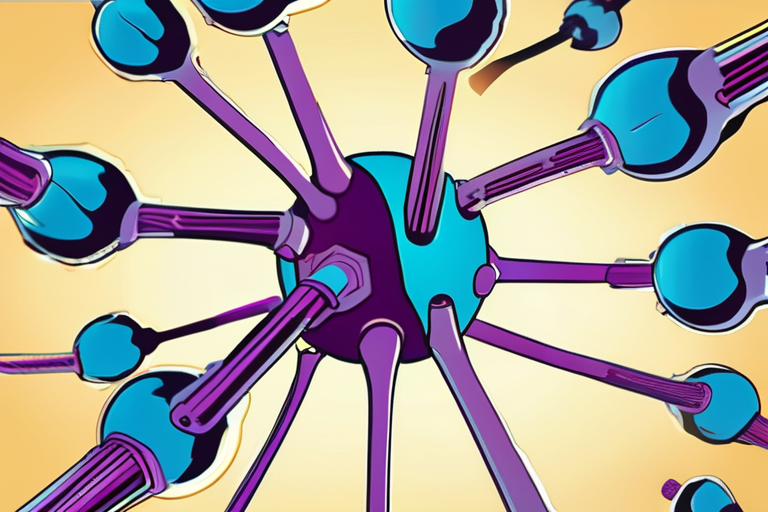
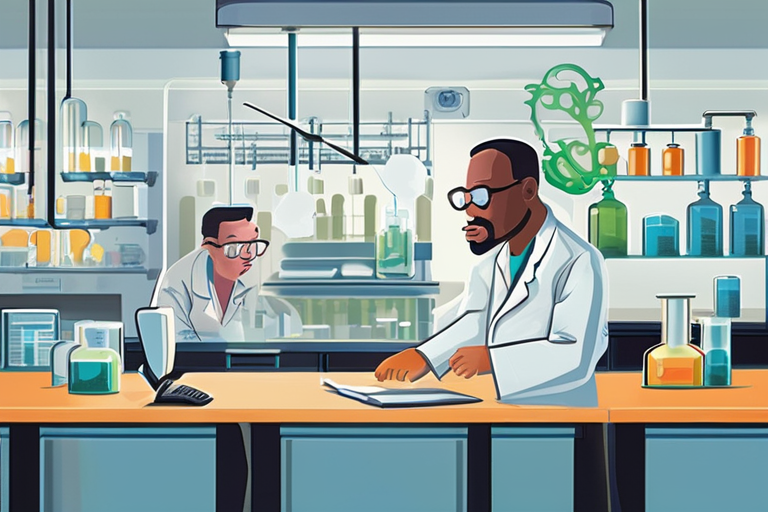
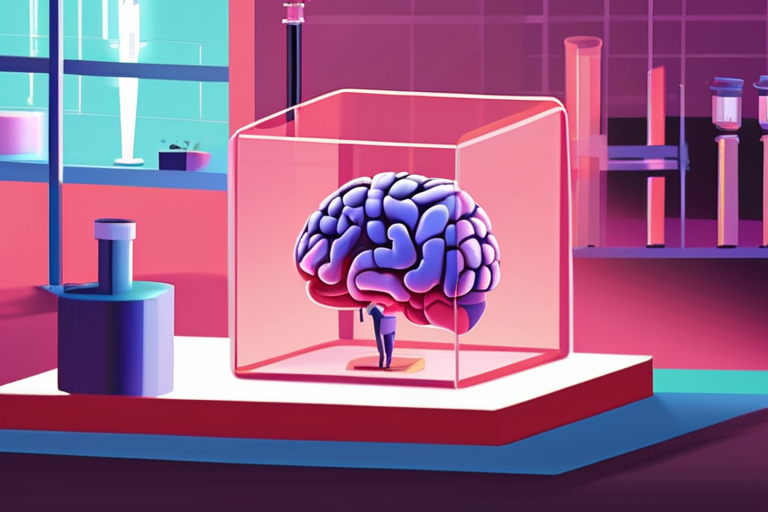
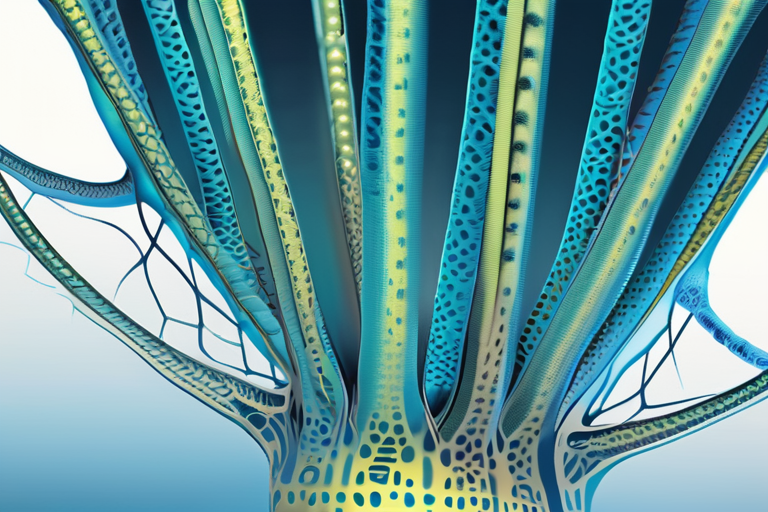
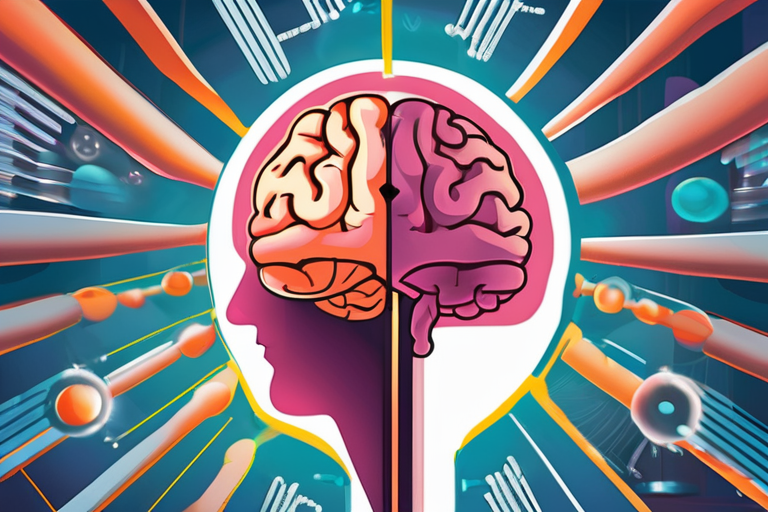
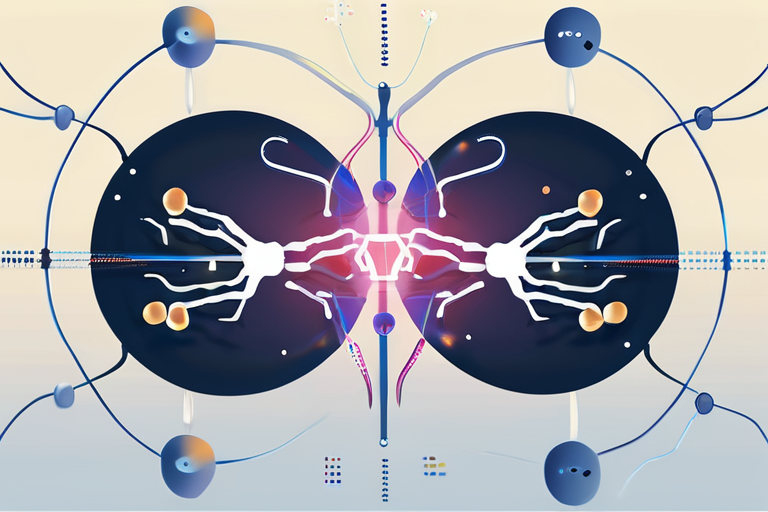
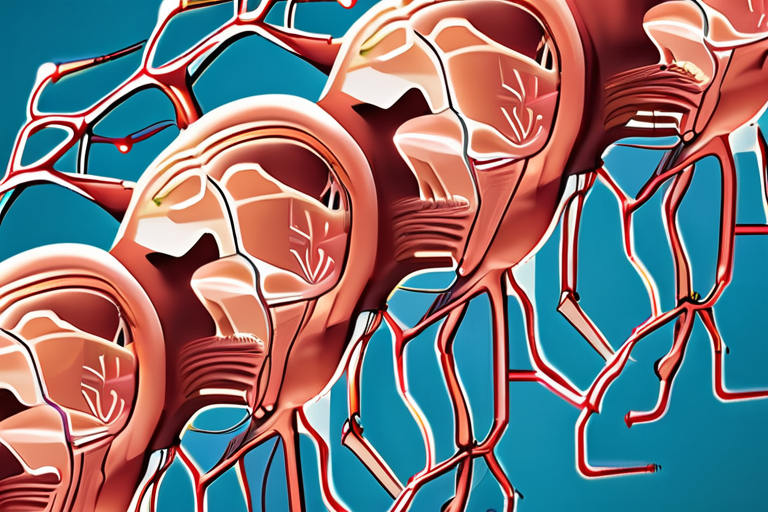
Share & Engage Share
Share this article